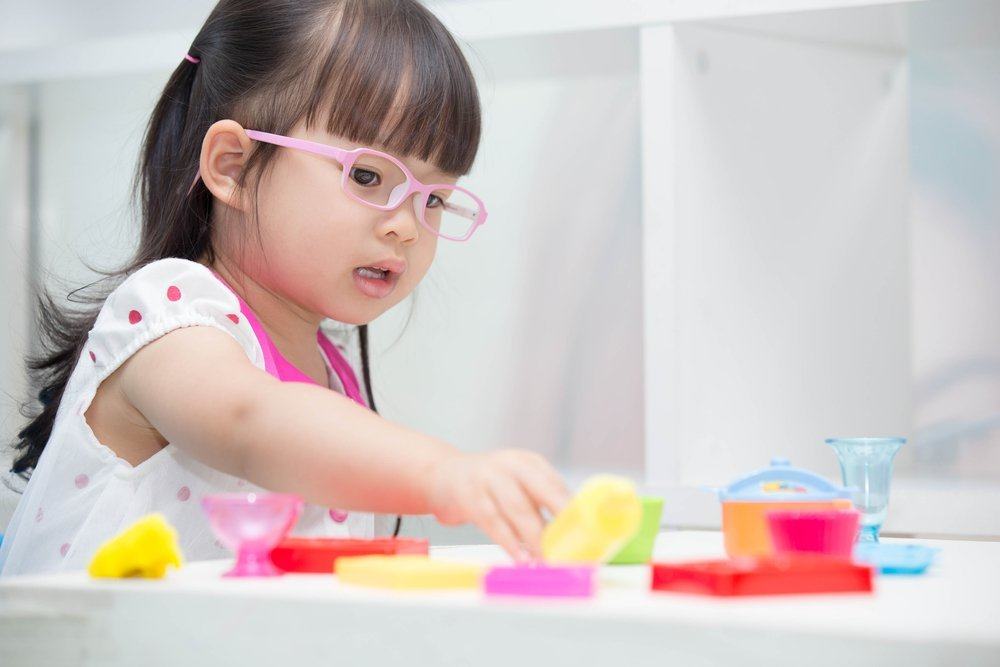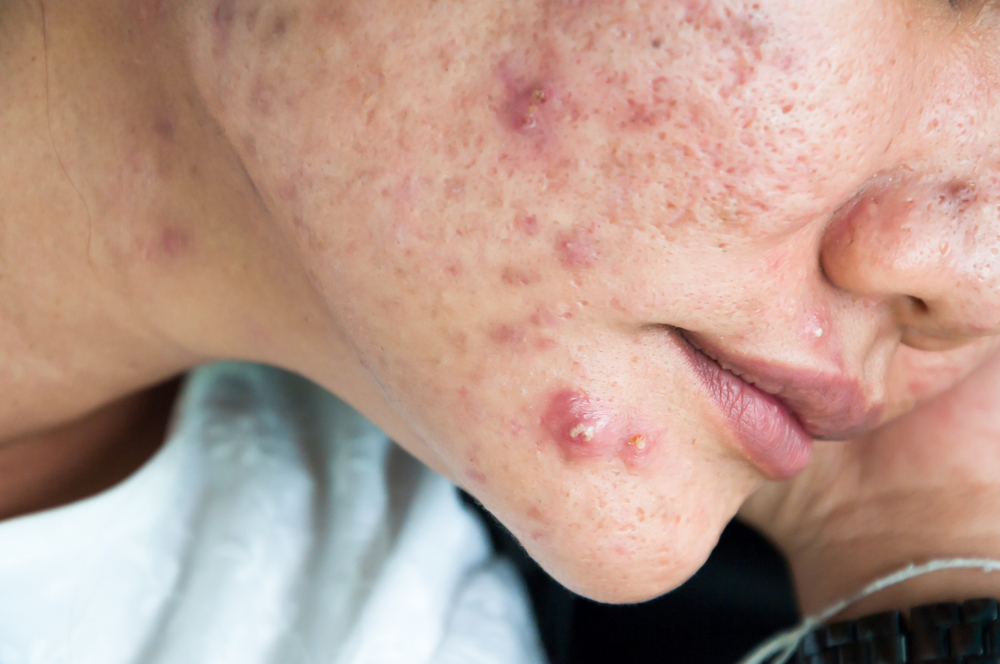Contents:
- Medical Video: Why Europeans And Asians Evolved So Differently
- What happens to children with plus eyes (hyperopia)?
- Why can eye plus occur?
- Symptoms and signs of children suffering from eye plus
- 1. Blurred and shaded vision
- 2. Difficulty seeing objects at close range
- 3. Eyes are sick and tired
- 4. Frequent headaches
- 5. Often rubs his eyes
- 6. Difficulty reading and learning
- Handle eye plus in children
- 1. Wear glasses
- 2. Healthy diet
- 3. Train eye health
Medical Video: Why Europeans And Asians Evolved So Differently
The plus eye which is medically known as hyperopia or nearsightedness usually starts to attack adults over 40 years. Finally, many are linking this farsightedness as a parent's disease. In fact, there are also small children who have been diagnosed with farsightedness. So, the assumption that only parents can have eyes plus is wrong. The facts reported by Merdeka noted that cases of eye plus in children continue to increase so that this eye disorder is no longer appropriate to be called a disease of the elderly.
What happens to children with plus eyes (hyperopia)?
Children with plus eyes have difficulty seeing clearly objects that are close to the eye. Objects that are far from the eye appear more clearly. That is why reading, typing, and operating computers or cell phones are very difficult. Even in some cases where the child's eyes experience hyperopia that is very serious, close vision will also be disrupted.
In a child's eyes with hyperopia vision, an abnormality occurs where the optical shadow falls behind the retina. The eyeball with hyperopia is generally too short so that light cannot fall right on the retina and vision becomes blurred. In addition, there are usually abnormalities in the form of the cornea or the child's eye lens.
Why can eye plus occur?
Eye plus occurs due to several risk factors. The most powerful factor is genetic. If you or your partner has a history of hyperopia eye abnormalities, then the chances of your child being inherited are even greater. Another factor is age. However, because the child's eyes are still in the development stage, usually the age factor is not the reason the child has plus eyes.
Symptoms and signs of children suffering from eye plus
For children who experience plus eye disorders at an early age, you may find it difficult to know because children do not really understand about how the normal eyes work, and plus eye signs cannot be seen with the naked eye. So, you should pay attention to the following symptoms.
1. Blurred and shaded vision
If your child complains of blurry, shaded, or blurred vision, immediately invite the child to do an eye examination. Usually these symptoms will get worse at night.
2. Difficulty seeing objects at close range
Watch your child's movements when interacting with objects at close range. When children tend to keep toys, books or away gadget, the possibility of the child experiencing farsightedness.
3. Eyes are sick and tired
Usually the eyes of a child with a hyperopia disorder are quickly tired and painful. So if your child often frowns or closes his eyes, it's a good idea to have your child's eyes checked immediately.
4. Frequent headaches
Children with plus eyes must hold the object's focus close to the eye for quite a long time. The child's eyes become tired quickly and can cause pain and pain in the head.
5. Often rubs his eyes
Small children cannot identify the cause of blurry or blurred vision, so the child will wipe their eyes in the hope that the object in front of them will be seen more clearly.
6. Difficulty reading and learning
Do not jump to conclusions that children have difficulty learning because they are lazy. It may be that the child has difficulty while reading and learning because of a disorder of farsightedness.
Handle eye plus in children
Many believe that the eye plus the child will heal itself. However, this is not generally applicable. Children with hyperopia need special care so that the disruption experienced does not increase seriously. In children aged under five with cases of mild nearsightedness, the possibility of returning to normal eyes is higher because the eyes will adjust to grow. However, it would be better if you keep following the doctor's advice and provide the best care for children with plus eyes. The following is a treatment that can be given by parents.
1. Wear glasses
After checking the child's eyes, usually children with eyes plus will be recommended by a doctor to use glasses. Glasses will help children restore focus to objects that had seemed blurred. Wearing glasses is the best treatment that can be given to children. Corneal, lens or eyeball repair surgery is not recommended for children because of the development of incomplete eyes. Usually the eyes will mature perfectly at the age of 21 years.
2. Healthy diet
Eating vegetables, especially those with dark green leaves and brightly colored fruits can improve children's eye health. In addition, the good content for children with plus eyes is vitamin C, D, as well as calcium, magnesium, and selenium. For this reason, children with plus eyes should consume lots of broccoli, spinach, oranges, strawberries, kiwi, salmon, sardines, tuna, eggs, tofu, and mushrooms.
3. Train eye health
Children must be trained so that they can maintain eye health by blinking a lot, especially when they are staring at a computer screen, television, or tablet for a long time. Also make sure that the child rests his eyes enough. You can apply a 10-3-10 system. Each child focuses his eyes on a particular object for 10 minutes, rest and turn his eyes to look at the distance as far as 3 meters for 10 seconds.
READ ALSO:
- Does Reading In The Dark Make Damaged Eyes?
- 3 Types of Nutrition that Maintain Your Eye Health
- Watching TV Too Often Turns Out Not Damaging Your Child's Eyes












